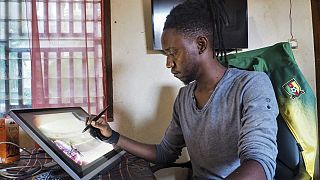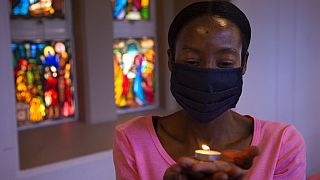Portugal
The importance of digital transformation in creating quality jobs and the economic recovery of post-pandemic African countries: this is the main focus of the report "Development Dynamics in Africa 2021", the result of a partnership between the African Union and the OECD Development Centre, whose Portuguese edition - funded by the Camões Institute - was presented this Wednesday in Lisbon.
"The report being launched today in its Portuguese version tells us that the digital sector is booming in Africa and that dynamic means an opportunity for governments to help start a new growth cycle after the Covid-19 crisis." Armindo de Brito Fernandes, director-general of the Comunity of Portuguese Speaking Countries (CPLP) stated.
The pandemic has boosted demand for digital solutions in Africa , but it has also accentuated inequalities, as stressed by the director of the OECD Development Centre.
"Covid-19 is boosting the digital transformation of Africa. [...] By making people look for remote solutions in times of lockdown, the Covid-19 crisis is actually accellerating the digital transformation. [...] But it also, unfortunately, deepened inequalities within african societies and prevented equal sharing of the benefits of this revolution." Ragnheidur Elín Árnadóttir, director of the Development Center of the OECD stated.
In addition to taking stock of the impact of the crisis on the African continent, the report offers recommendations to African governments and companies on public policies and the sharing of best practices to boost recovery and job creation.












01:54
South Africa's independent mechanics join forces to compete with big companies
02:16
In China, young African entrepreneurs personify growing China-Africa cooperation
11:15
AES: Is a New Sahel Currency on the Horizon? [Business Africa]
Go to video
How Ugandan women are taking control of the coffee business
Go to video
Egypt and Angola strengthen bilateral ties during Cairo meeting
Go to video
At China's largest trade fair, businesses brace for impact of trade war with US